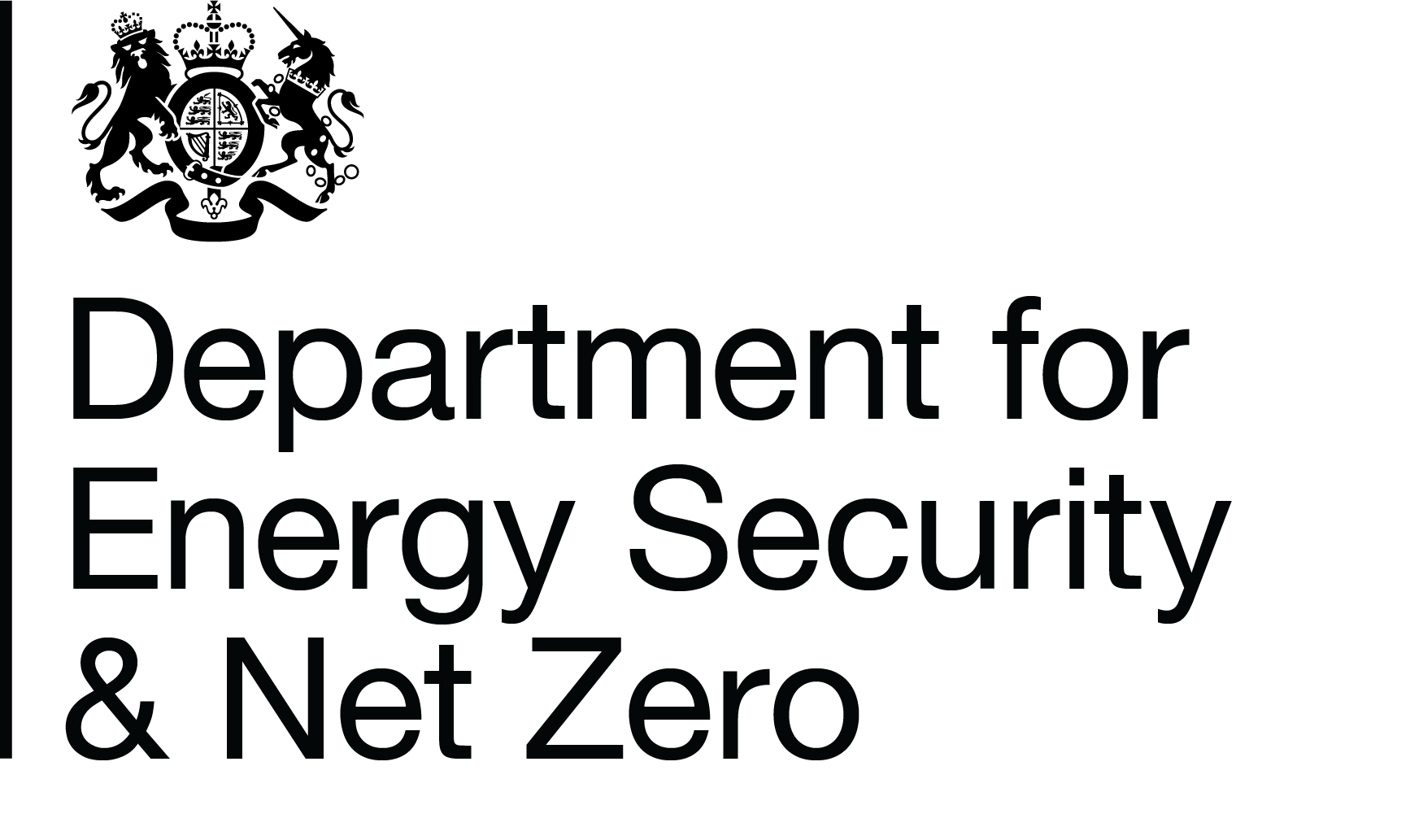Heat Network (Metering and Billing) Regulations Proposed Amendments
Overview
We have extended the consultation period to 24 January 2020 due to election period and to allow additional time for stakeholder review of technical components.
The consultation contains proposals to amend the Heat Network (Metering and Billing) Regulations to ensure consistency with requirements of the Energy Efficiency Directive and extend provisions of the Regulations to all installed heat meters for consumers on heat networks. It includes proposals on amendments of the methodology to assess the cost-effectiveness of the installation of consumption meters.
Why your views matter
This consultation sets out proposals to amend the Heat Network (Metering and Billing) Regulations to ensure final consumption metering devices are installed on heat and cooling networks and billing is based on consumption where it is technically feasible and cost-effective to do so.
The consultation seeks views on the introduction of three building classes to which a range of categories of buildings are assigned. This includes the ‘Viable’ class (meters must be installed) and the ‘Exempt’ class (meters not required) as well as the ‘Open’ class (meters or heat cost allocators required if cost-effective).
We are further consulting on the proposed updated methodology and associated tool for assessing the cost-effectiveness of meter installations for buildings in the ‘Open’ class.
In addition, we are proposing to extend the scope of the current requirements on meter accuracy, maintenance and billing to all installed metering devices.
We are seeking the views of heat suppliers, businesses supporting metering and billing as well as notifications, landlords, local authorities and housing associations with heat networks, consumer groups, consumers on heat networks, and the wider heat network industry.
What happens next
We are analyzing the responses to the consultation.
Audiences
- Trade bodies
- Oil and Gas
- Low carbon technologies
- Property
- Landlord
- Consumer organisations
- Consumers
- Consumers
- General public
- Local government
- Regulator
- The Devolved Administrations
Interests
- Consumer rights
- Fuel poverty
- Oil and Gas
- Saving energy
- Distributed energy and heat
- Renewable energy
- Energy and climate change
- Energy efficiency
- Housing
- Fuel poverty
- Oil and gas
- Saving energy
- Distributed energy and heat
- Renewable energy
- Energy and climate change
- Energy efficiency
- Housing
- Emissions

Share
Share on Twitter Share on Facebook